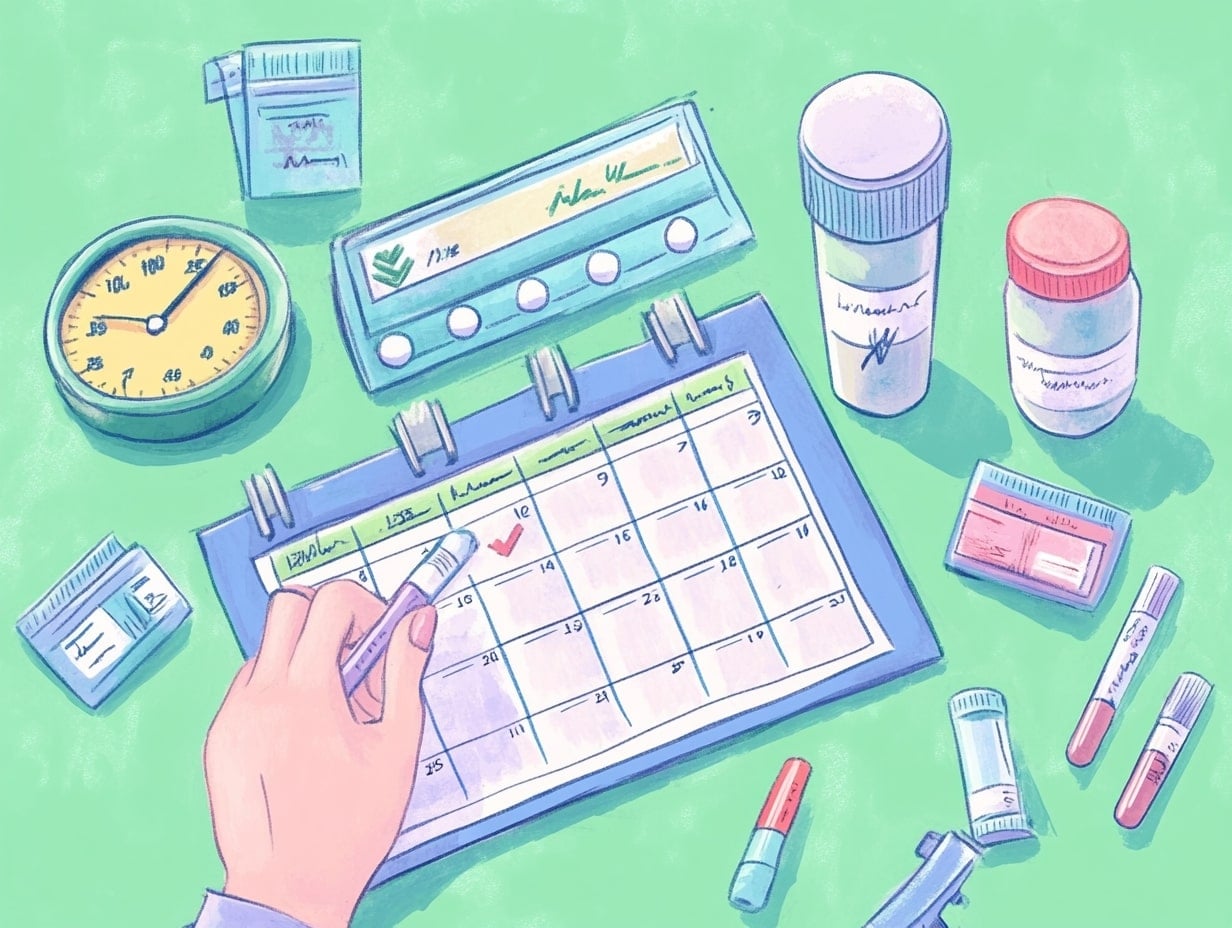How Often Should You Get Tested for STDs? A CDC-Backed Guide
Jan 30, 2025
The CDC recommends that sexually active individuals get tested for STDs at least once a year, or more often if you have multiple partners or engage in high-risk activities. Regular testing is crucial for early detection and prevention, helping you protect both your health and the health of your partners.
How Often Should You Get Tested for STDs?
General Recommendations for Adults: The Centers for Disease Control and Prevention (CDC) recommend that sexually active individuals get tested for STDs at least once a year. If you have multiple sexual partners or engage in unprotected sex, you may need more frequent testing, typically every 3-6 months. For more details, visit the CDC’s general STD prevention guidelines here. For reliable and confidential testing, you can schedule an appointment with our partner at STDCheck.
Young People and High-Risk Groups: According to the CDC, sexually active individuals under the age of 25 should get tested for chlamydia and gonorrhea annually. Individuals with HIV or those who are at higher risk of contracting STDs should get tested more frequently. This includes people who have unprotected sex, engage in sex with multiple partners, or have a partner who has an STD. For further information on testing recommendations for young people, visit the CDC’s page on STD testing here.
Specific STDs: Some STDs, such as HIV and syphilis, require specific tests to diagnose. If you are at high risk for HIV or hepatitis, the CDC recommends regular screenings to catch these infections early. Hepatitis B vaccinations are also recommended for individuals who are at risk, such as those with multiple sexual partners. More information on HIV testing and recommendations can be found here.
Pregnancy and Regular Check-Ups: Pregnant individuals should get tested for STDs early in their pregnancy to prevent transmission to the baby. Regular testing is also recommended during the pregnancy, especially for infections like syphilis and HIV, to ensure the health of both the mother and the baby. The CDC’s guidelines on STD testing during pregnancy can be found here.
Why Regular Testing Is Important
Early Detection: Many STDs don’t show symptoms, and if left untreated, they can cause serious health issues like infertility, chronic pain, or complications during pregnancy. Regular testing helps detect infections early when they are easier to treat. To learn more about the importance of early STD detection, visit the CDC’s page on STD prevention here.
Protecting Your Partners: Getting tested regularly ensures that you can protect your partners from potential infection. If you test positive for an STD, seeking treatment right away reduces the chance of spreading it to others. For information on how to talk to your partners about STDs, visit the CDC’s guide here.
Maintaining Overall Health: Regular STD testing is an important part of maintaining your overall health. By including STD screenings in your regular healthcare routine, you ensure that you are staying on top of your sexual health and are not overlooking any potential risks. The CDC’s comprehensive STD prevention and testing recommendations can be accessed here.
Conclusion
The CDC.gov recommends annual testing for sexually active individuals and more frequent testing for those at higher risk. Whether you’re in a monogamous relationship or have multiple partners, regular STD testing is crucial for maintaining your sexual health. By following these guidelines, you can stay informed and take proactive steps to protect yourself and your partners from STDs. For more information and resources on STD testing, visit the CDC’s main page on STD prevention.

Dr. Michael Thompson
Dr. Michael Thompson is an expert in sexually transmitted diseases with extensive clinical and research experience. He leads campaigns advocating for early diagnosis and prevention of diseases like HIV and gonorrhea. He collaborates with local organizations to educate both youth and adults about sexual health.





